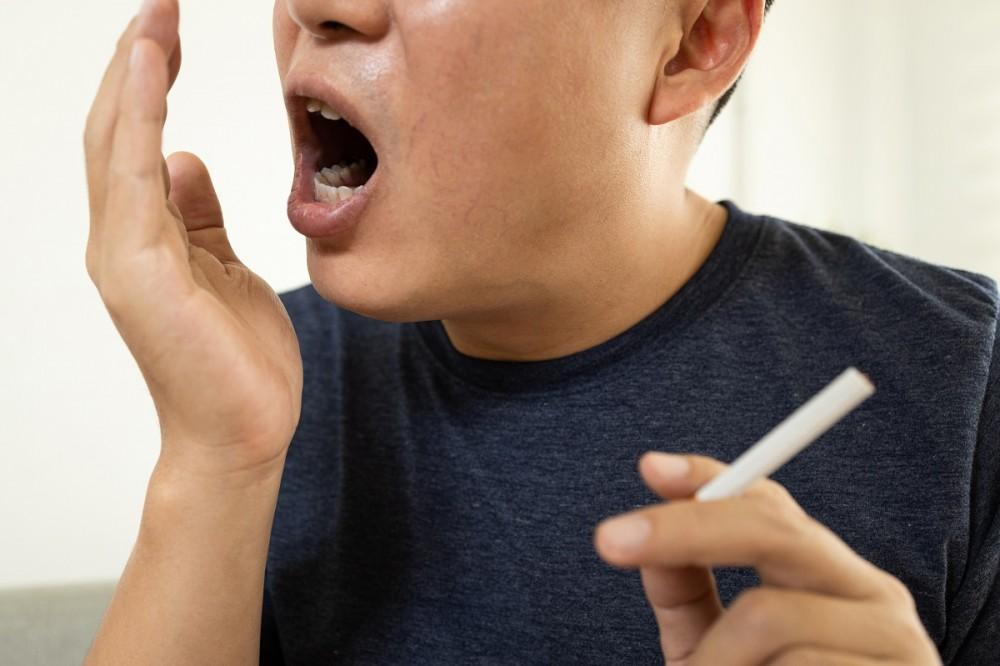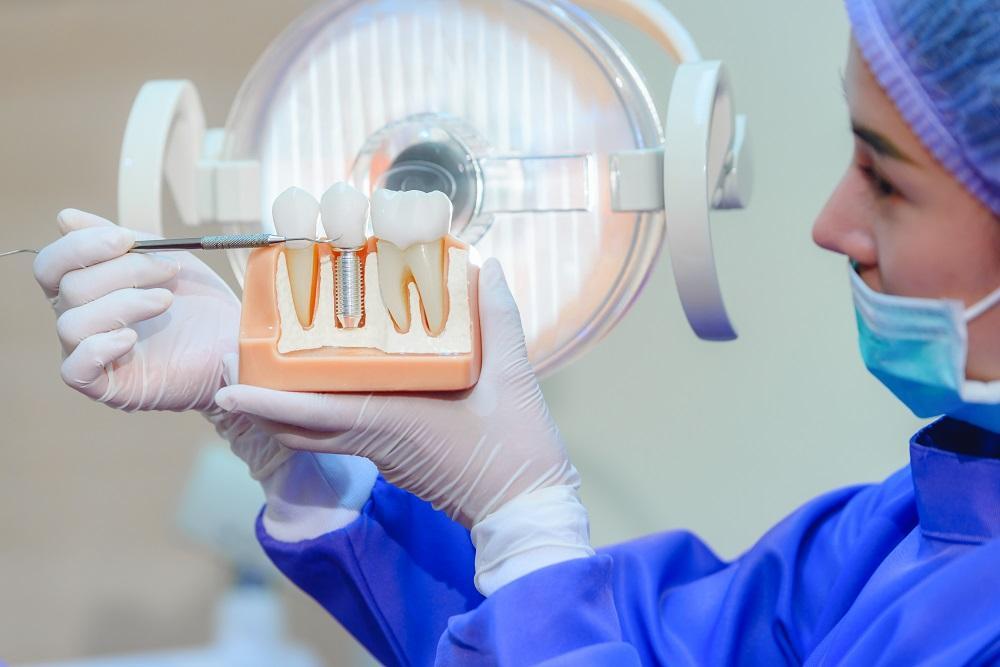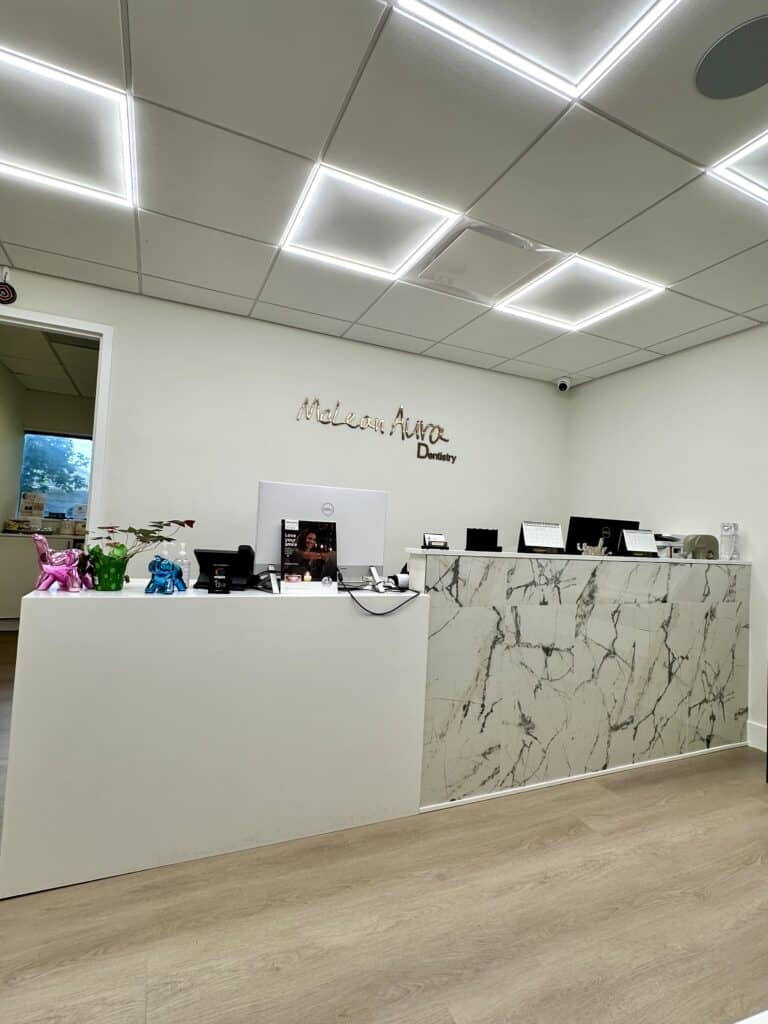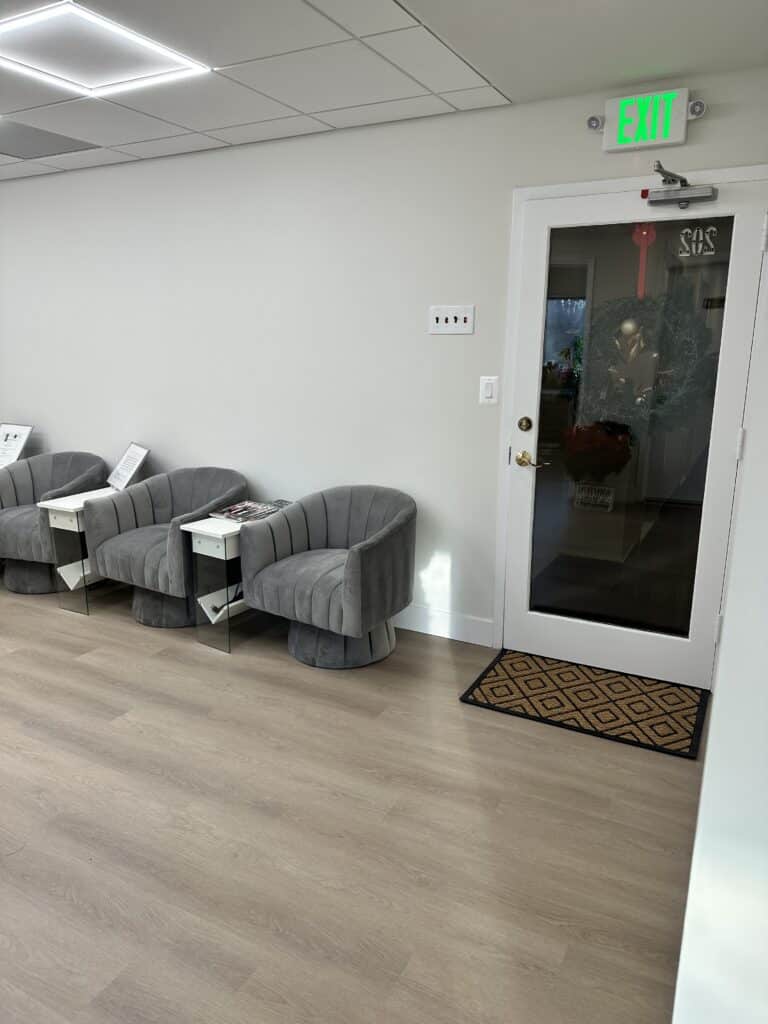Perhaps you know some rudimentary rules of thumb when it comes to emergency care — putting ice on a sprain or pressure on a bleeding wound. These situations can also crop up in your mouth, and we want to make sure you’re prepared.
During the time between the initial accident or problem and seeing one of the team members here at McLean Aura Dentistry Dr. Negar Tehrani— there are some steps you can take.
In the following, we explore four tips to help you better weather a dental emergency.
1. The common knock-out
Each year in the United States, about five million teeth are knocked out of the mouths of both children and adults. No matter your age, there are some steps you should take after a tooth has been knocked out that may be able to save your tooth:
- Locate the tooth and, holding it by the crown only, rinse it off with water only
- Still holding the tooth by the crown, try to insert it back into the socket
- If successful, hold the tooth in place by biting down on something soft
Of course, someone should be calling us during this time.
If the tooth doesn’t readily slide back into the socket, it’s important to keep it preserved. You can use saliva in a glass, tuck it between your cheek and gum, or, barring these, use a glass of milk to hold the tooth.
If you take prompt action and we can see you straight away, we may be able to save this tooth.
2. Tooth pain
Toothaches can happen frequently, and they have a way of hijacking your entire well-being. If you’re dealing with a toothache, we suggest you place a cold compress on the area to numb the nerve and take over-the-counter pain medications.
Please only take the medication as directed and keep the ice compresses going to address any discomfort the medications aren’t handling. Rest assured, as soon as you come to see us, we’ll be able to locate the source of the toothache and get you on the road to relief.
3. Bleeding in your mouth
If there’s bleeding inside your mouth, perhaps because of biting your tongue or cheek or as a result of trauma, rinse your mouth with lukewarm water first. If the bleeding is profuse, please go to your nearest emergency care clinic.
If the bleeding tapers off quickly, keep rinsing your mouth with clean water and place a cold compress on the area to keep swelling to a minimum. Once we take a look, we can determine the next steps.
4. Cracking a tooth or losing a filling
If you crack a tooth on something hard or all or part of a filling comes loose, it’s important that you keep the tooth clean and free from harmful bacteria. Rinse your mouth with warm water and try to avoid eating anything until we can take a look and repair the damage.
If you need to eat, try softer foods that won’t get lodged in the damaged tooth.
The steps we suggest above not only help preserve your dental health but they’re also designed to make you more comfortable until we can see you.
If you’re dealing with a dental emergency, please contact our office in McLean, Virginia, at 703-429-0770.








